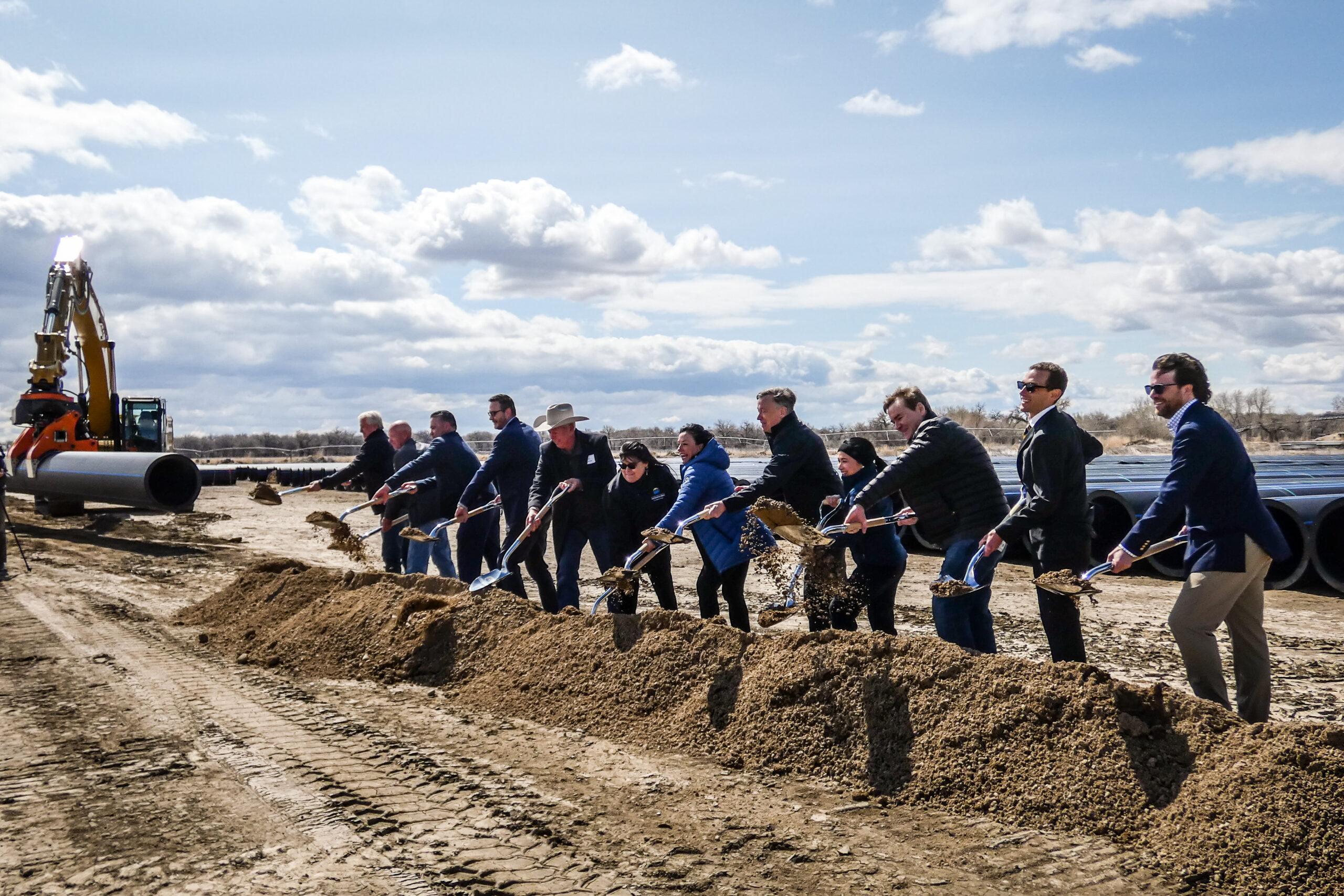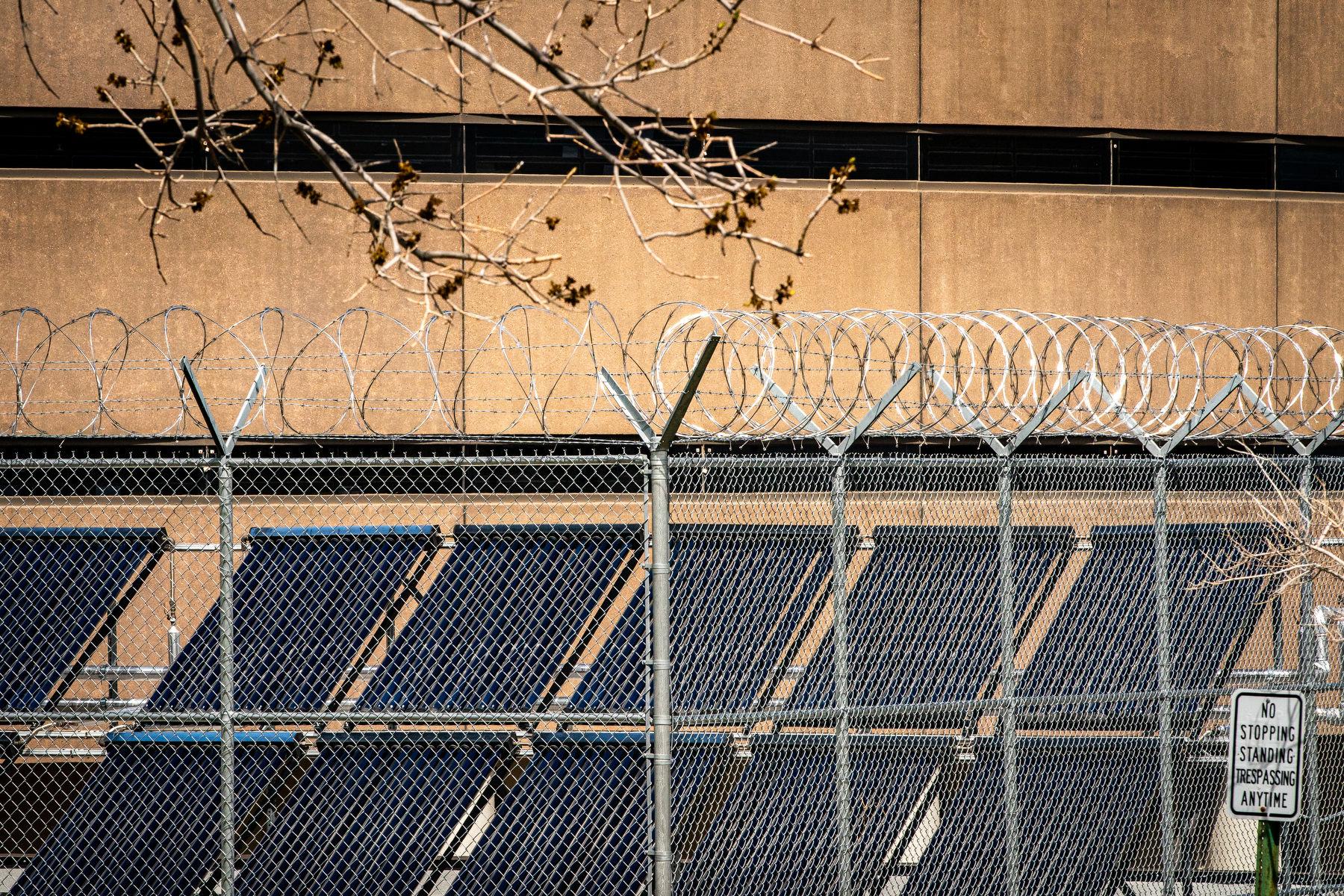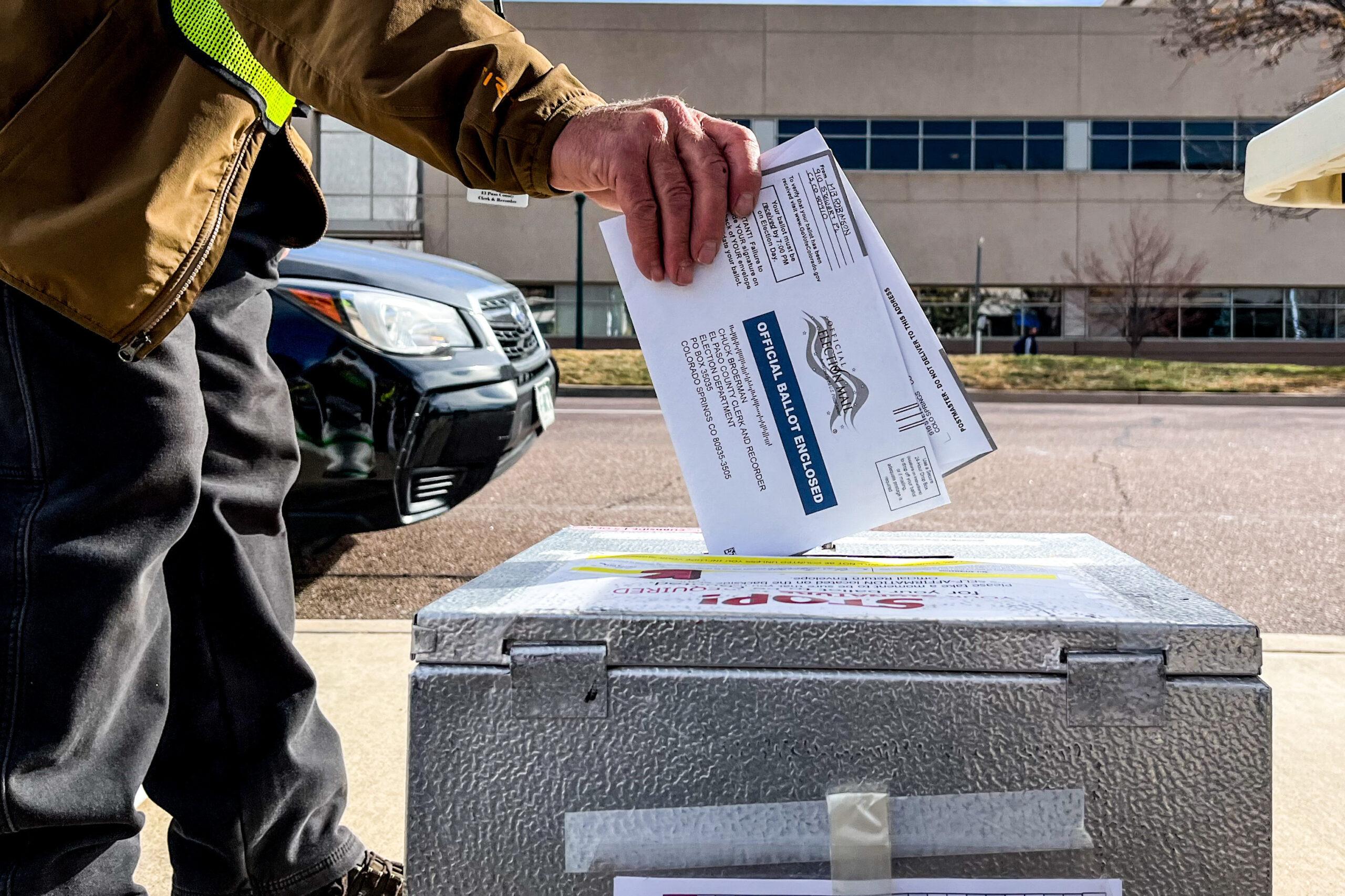
A number of water bills from Colorado’s members of congress will get a hearing in the Senate Wednesday afternoon, including a new one to help with a major water pipeline in southeastern Colorado.
Sens. Michael Bennet and John Hickenlooper and Rep. Lauren Boebert have introduced a bill that removes interest payments that municipalities are required to pay back to the federal government as part of a 2009 cost-sharing agreement for the Arkansas Valley Conduit. It would also extend the repayment period to 100 years, up from 50.
The estimated price tag for the project has doubled due to inflation and increased labor costs, hence the bicameral Finish the AVC Act.
“We have invested over $300 million to build the Arkansas Valley Conduit over the past decade and now we must ensure increased costs don’t stop this project in its tracks,” Bennet said in a statement.
Boebert said in a statement that the bill will “help our rural communities in Colorado see this critical project through to completion.”
A second new bill, this one led by Hickenlooper, also aims to ensure states, tribes and water districts have access to federal funding. He’s leading a bipartisan, bicameral bill with GOP Kansas Sen. Jerry Moran and Reps. Brittany Pettersen of Colorado and Juan Ciscomani of Arizona to create a “navigator” position within the Bureau of Reclamation to boost their ability to develop, get funding for and then implement water management and conservation projects.
Hickenlooper said he’s pushing the idea because “rural and tribal communities deserve their fair share of federal funds to address drought, but all too often are left out.”
“Many areas – like our most rural areas in Colorado – lack the necessary resources to secure federal funds for water projects,” said Pettersen in a statement. “It is critical that we invest in these areas to strengthen and protect our water resources and help communities draw down federal dollars.”
Also on the schedule for Wednesday’s hearing is the Colorado River Basin System Conservation Extension Act, led by Hickenlooper and Ranking Member Sen. John Barrasso of Wyoming. The bill, introduced this spring and backed by a bipartisan group of Western senators, extends a pilot program to test voluntary water conservation measures in the Colorado River Basin through 2026.
The basin is in the grips of a long-running mega-drought, imperiling water supplies throughout the West.
For these bills to have a hearing in the Senate clears one hurdle. However, they face an uphill path to make it all the way through the current Congress, given there’s limited space on the legislative calendar remaining this session.
“I’ll take it attached to anything. I’ll take it as a standalone…I’ll try all my options,” Boebert said of getting the AVC bill passed.
Some other Colorado bills getting a hearing in the Senate subcommittee, however, may have a better chance, in part because they have already cleared the House.
The bipartisan Drought Preparedness Act, introduced by Hickenlooper, Sen. Cynthia Lummis of Wyoming and Sen. Ron Wyden of Oregon passed the House in February. The bill reauthorizes the Reclamation States Emergency Drought Relief Act, which provides drought assistance to certain western states and Hawaii, through 2028. Colorado Rep. Joe Neguse led the bill with Ciscomani of Arizona.
Another Colorado bill on the list is the WATER Data Improvement Act. It’s another one led by Lummis and Hickenlooper in the Senate and Neguse and Ciscomani in the House, where it passed in July. The bill reauthorizes federal programs through FY 2028 that track the amount of water in streams, rivers and underground, as well as pays for local grants for water estimation, measuring and monitoring technologies.
Bureau of Reclamation Commissioner Camille Touton is expected to testify on a number of these bills in the subcommittee hearing Wednesday afternoon, as will Hickenlooper, who is on the committee, and Bennet, specifically in support of the AVC bill.







